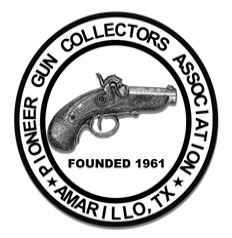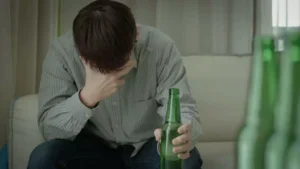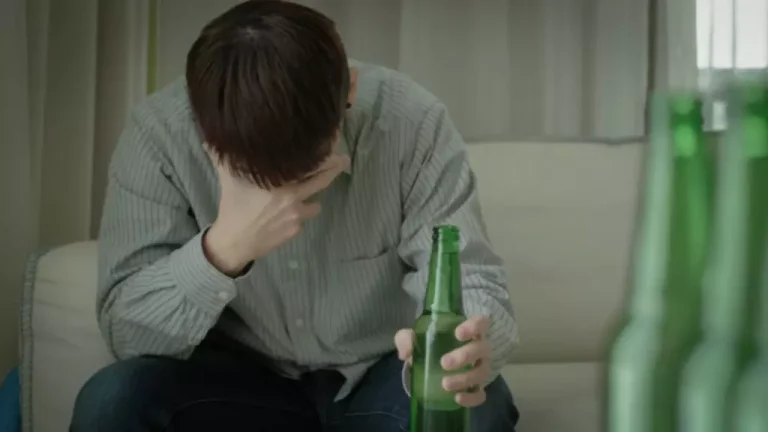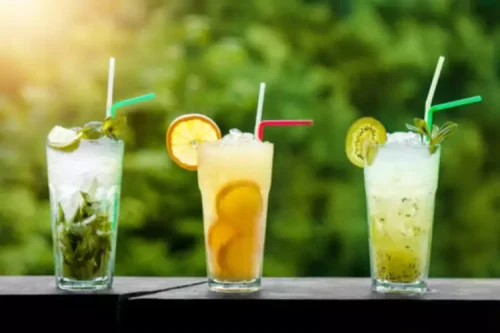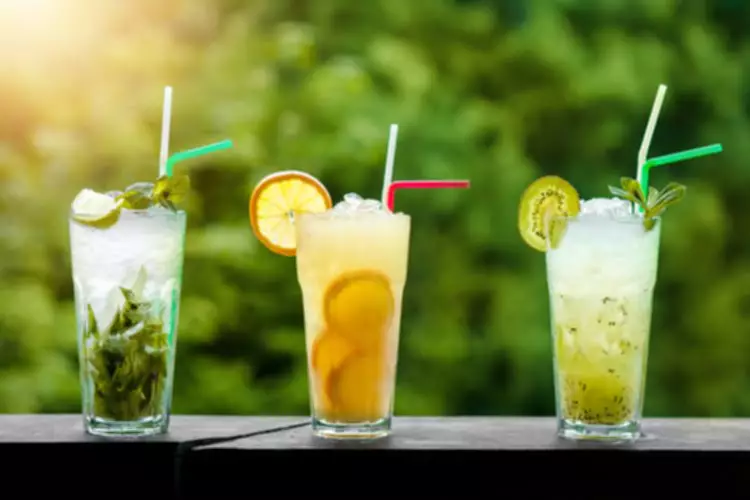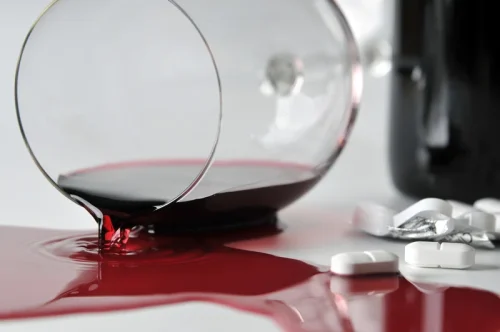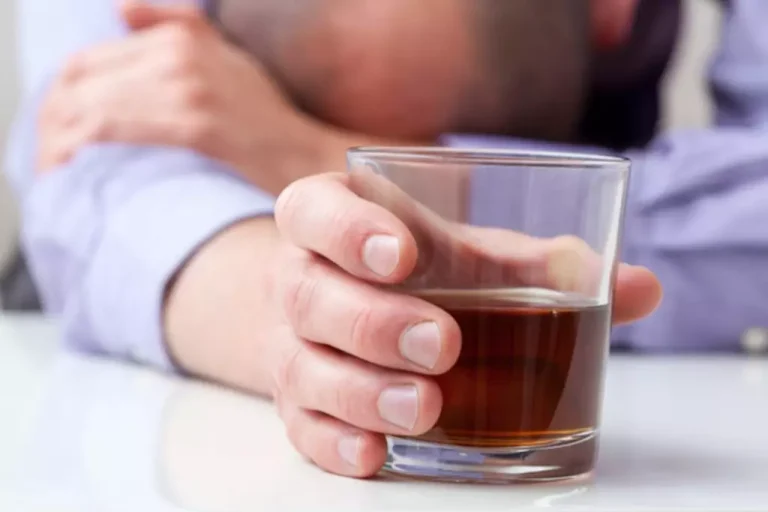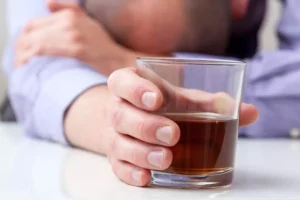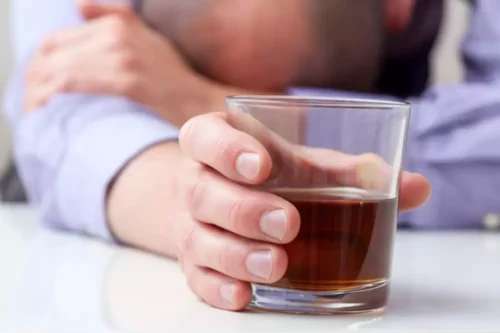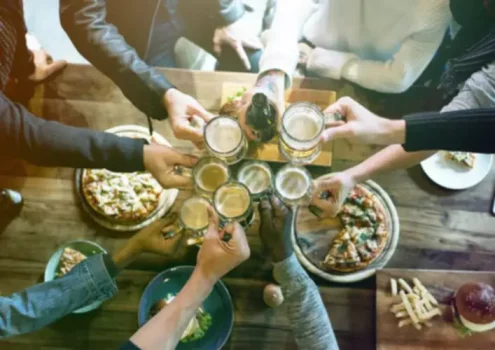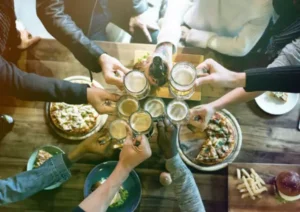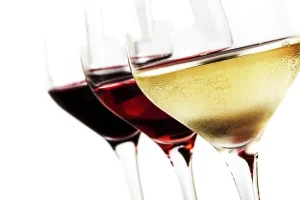As an inhibitory neurotransmitter, GABA can promote relaxation, reduce feelings of anxiety, and contribute to better sleep. If you or someone you love is struggling with an alcohol use disorder or cravings that are compromising recovery, reach out to our inpatient drug and alcohol rehab in Mississippi right now. Self-talk and affirmations are powerful cognitive tools in the journey of overcoming alcohol cravings. They involve consciously vocalizing positive statements to oneself, reaffirming an individual’s ability to cope with cravings and to maintain control over their actions. Individual responses may vary, but the overarching evidence shows that it provides tangible benefits for individuals battling alcohol dependency. By altering cognitive processes linked to alcohol consumption, CBT can create a beneficial cycle, reducing cravings and facilitating healthier choices.
Avoid Triggers
This stage involves a lack of self-awareness regarding the need for recovery. Individuals resist discussions about alcohol detox, rehabilitation programs, or therapy, believing they have control over their drinking habits. Family intervention, medical consultations, or legal consequences sometimes initiate a shift toward the next phase. Eating regularly and maintaining a balanced diet can keep blood sugar levels stable, which may lessen alcohol cravings. High-protein foods, such as lean meats, fish, tofu, and legumes, can help stabilize blood sugar levels and provide amino acids necessary for neurotransmitter production, regulating mood and cravings.
Incorporating These Foods into Your Diet to Curb Alcohol Cravings
Alcohol cravings can be a challenging aspect of overcoming alcohol addiction. Understanding the causes and impact of these cravings is essential in developing effective strategies to manage and overcome them. Moreover, maintaining a balanced diet high in protein, complex carbohydrates, and healthy fats can help regulate blood sugar levels. Fluctuations in curb alcohol cravings blood sugar can trigger cravings of many kinds, so keeping your blood sugar steady may help reduce the desire for alcohol. Cognitive Behavioral Therapy (CBT) helps individuals identify and change negative thought patterns that lead to drinking, replacing them with healthier coping mechanisms. Dialectical Behavior Therapy (DBT) focuses on emotional regulation and distress tolerance.
What Techniques Are Used In Alcohol Recovery?
Certain nutrients are essential for maintaining a balanced brain chemistry. A deficiency in these nutrients can disrupt this balance and potentially increase cravings for alcohol. Additionally, environmental factors play a significant role in alcohol cravings. For example, individuals who have grown up in households where alcohol misuse was prevalent may be more susceptible to developing cravings for alcohol themselves.
- Anxiety occurs in addition to the typical health risks, which range from risky behaviors to weight gain, liver damage, and other physical effects.
- For example, individuals who have grown up in households where alcohol misuse was prevalent may be more susceptible to developing cravings for alcohol themselves.
- These symptoms occur because alcohol affects the brain’s neurotransmitters.
- We are committed to healing everyone who enters our doors from the inside out.
- This might involve engaging in mindfulness practices, meditation, yoga, or regular physical activity.
Long-Term Strategies to Reduce Alcohol Cravings
This will help you disrupt the trigger, and begin establishing new patterns. Explore your triggers in that time frame using the HALTB exercise (are you Hungry, Angry, Lonely, Tired, or Bored?), then address them. For example, if your trigger is being bored, set out activities for yourself, such as a book you have been meaning to read but haven’t had time for. It could be that after that time, your craving will have already passed. At Ria, we offer weekly meetings with certified counselors to help members stay on track and build skills for long-term change.
What to expect when you stop drinking
While it’s difficult to completely stop the urge to drink, there are several strategies to manage and mitigate these cravings. Ria Health offers several FDA-approved medications for alcohol use disorder. When combined with counseling, this approach is proven highly effective. Behavioral therapies restructure negative thought patterns and improve coping mechanisms.
- There is a significant overlap between anxiety, alcohol misuse, and alcohol use disorder.
- Research indicates that individuals who participate in structured treatment for at least one year have a higher likelihood of maintaining sobriety compared to those who discontinue therapy prematurely.
- Make a note of what comes up before or when you’re experiencing a craving as this will help you to understand your triggers.
By Buddy TBuddy T is a writer and founding member of the Online Al-Anon Outreach Committee with decades of experience writing about alcoholism. Because he is a member of a support group that stresses the importance of anonymity at the public level, he does not use his photograph or his real name on this website. In addition to FDA-approved treatments, several off-label medications are gaining attention for their potential in craving management.
For some, they pass quickly, while for others, it takes a longer for them to resolve. Much of this is dependent on factors specific to the individual, such as how severe their alcohol use disorder was and how long it has been since they have engaged in drinking. Recognizing the signs of alcohol cravings is a crucial marijuana addiction part of managing them. With time, and by practicing new responses, you’ll find that your urges to drink will lose strength, and you’ll gain confidence in your ability to deal with urges that may still arise at times. If you are having a very difficult time with urges, or do not make progress with the strategies in this activity after a few weeks, then consult a healthcare professional for support. In addition, some new, non-addictive medications can reduce the desire to drink or lessen the rewarding effect of drinking so it is easier to stop.
What Is Emergency Outpatient Treatment?
During alcohol detox, medical supervision is required to prevent severe withdrawal effects such as seizures, delirium tremens (DTs), and cardiovascular instability. Detox programs use medications, hydration therapy, and nutritional support to ensure a safe transition into the next phase of recovery. Completing detox allows individuals to begin therapy, behavioral interventions, and relapse prevention strategies without the physical burden of alcohol dependence. The Action stage is the fourth phase of alcohol recovery, where individuals actively implement changes to achieve sobriety.
Acknowledge that you are having a craving, and remind yourself that it is not permanent. You will generally experience cravings due to triggers, and the way you react to those triggers will help you in decreasing future cravings. Practice a mindful activity like deep breathing or a visualization exercise.
